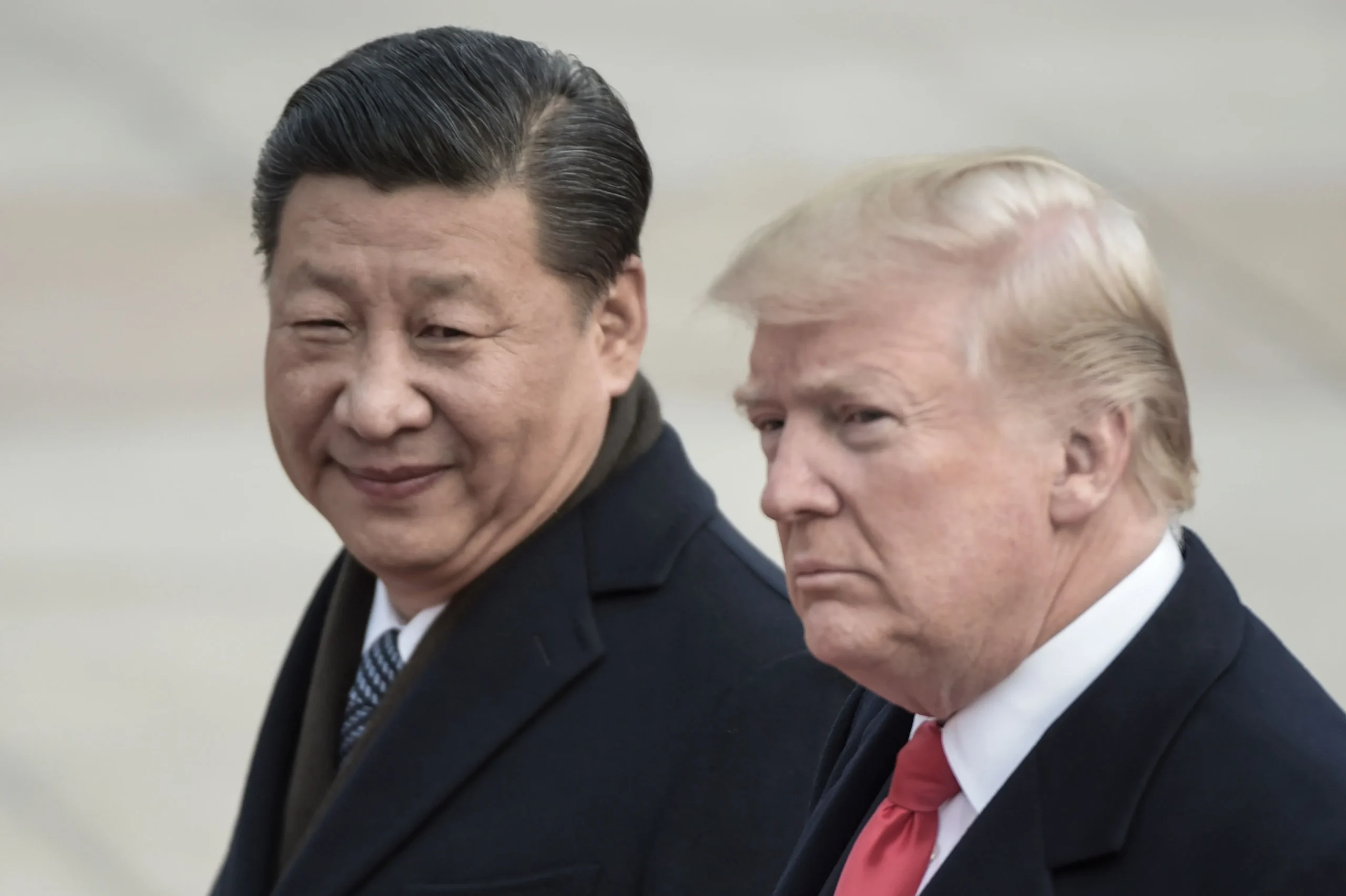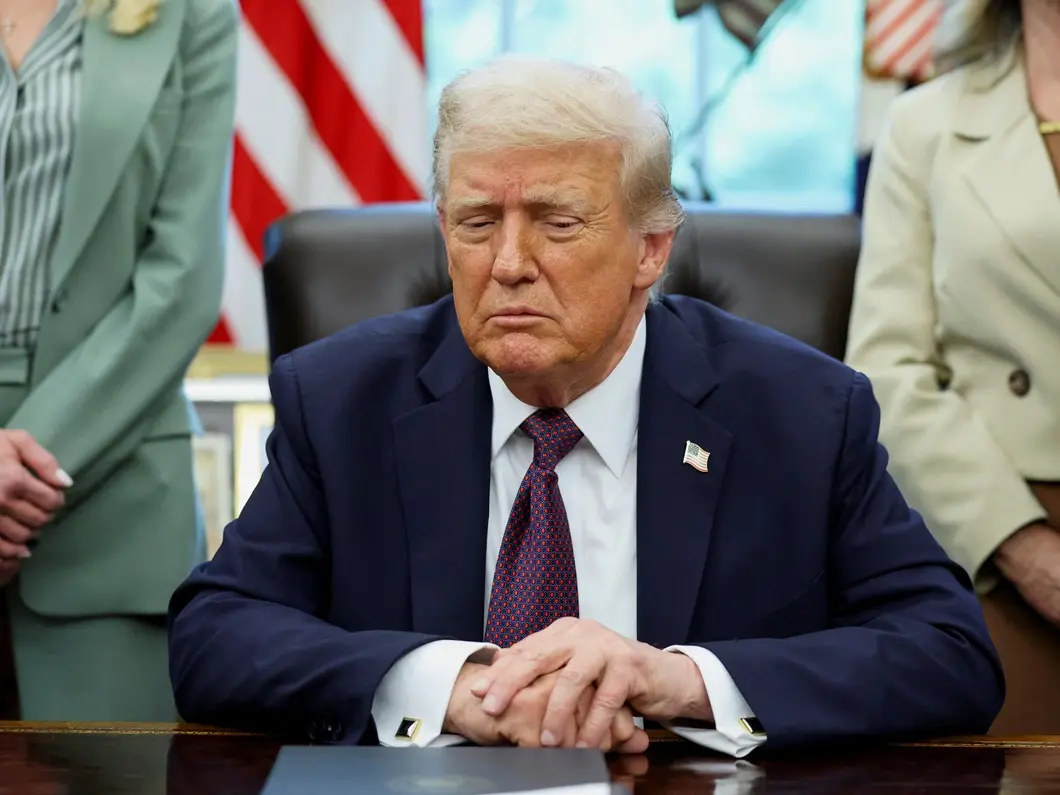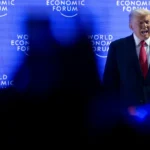Trump to Meet Xi at APEC Amid TikTok Deal Approval, Signaling Thaw in U.S.-China Ties

U.S. President Donald Trump is set to meet Chinese President Xi Jinping at the upcoming Asia-Pacific Economic Cooperation (APEC) summit, a development that coincides with China’s reported approval of a major deal involving the popular social media platform TikTok. The convergence of these high-profile events suggests a potential recalibration in U.S.-China relations, particularly in technology, trade, and digital governance.
A High-Stakes Meeting
The announcement of the Trump-Xi meeting has drawn global attention, as both leaders have historically taken hardline stances toward each other’s country. Trump, during his presidency, often criticized China for trade imbalances, intellectual property theft, and alleged unfair practices in technology markets.
Now, years after leaving office, Trump’s engagement with Xi carries symbolic and practical implications. Analysts suggest that the meeting could serve multiple objectives:
- Signaling Stability in Trade Relations: With global markets closely monitoring U.S.-China interactions, a personal meeting between the two leaders may calm investor nerves.
- Tech Diplomacy: With TikTok—a platform scrutinized for its Chinese ownership—at the center of U.S. regulatory debates, Trump’s involvement may indicate a pathway to compromise.
- Regional Influence: Trump’s participation in APEC reinforces the U.S. presence in Asia-Pacific affairs amid growing competition from China.
TikTok Deal Approved
China’s reported approval of a TikTok deal marks a significant milestone in the ongoing saga surrounding the platform. TikTok has faced scrutiny in the U.S. over national security concerns, data privacy, and potential influence by the Chinese government.
While details of the agreement remain limited, sources suggest the deal involves structural changes aimed at increasing transparency, potentially including:
- U.S.-based data storage and governance
- Changes in corporate ownership or oversight
- Enhanced auditing and regulatory compliance
The approval of this deal is widely seen as a strategic win for both sides, potentially easing tensions over technology while maintaining China’s stake in the platform.
Implications for U.S.-China Relations
The timing of Trump’s meeting and the TikTok deal approval is notable. Observers see it as part of a broader effort to:
- Stabilize Technology Relations: With AI, semiconductors, and social media platforms at the center of U.S.-China competition, agreements on specific companies can set precedents for broader cooperation.
- Reassure Markets: Investors are closely watching U.S.-China interactions for signs of decoupling or renewed collaboration. A successful meeting could boost confidence in technology and trade sectors.
- Balance Domestic Politics: Both leaders face domestic scrutiny—Trump ahead of potential elections, and Xi amid internal political pressures. A successful engagement could strengthen their positions at home.
Challenges Ahead
Despite the symbolic significance, substantive challenges remain:
- Regulatory Oversight: The U.S. government has yet to finalize its position on TikTok’s operations and compliance measures.
- Geopolitical Tensions: Broader disputes over Taiwan, trade, and military presence in the South China Sea continue to loom large.
- Public Perception: Any perceived concession could spark criticism domestically in both countries, particularly among hardline political factions.
Strategic Calculations
Trump’s potential leverage in these discussions stems from his influence within the Republican Party and his ongoing presence in U.S. political discourse. For Xi, engagement with a former president provides a rare opportunity to shape international perception while signaling a willingness to negotiate on specific economic and technology issues.
Experts suggest that both leaders are carefully calibrating their messaging, balancing political optics, national security concerns, and economic interests.
Looking Forward
As the APEC summit approaches, the world will be watching closely. The meeting could set a precedent for how former U.S. leaders engage with foreign counterparts, and it could provide a blueprint for addressing technology-related disputes in the digital age.
Whether this encounter marks the beginning of a sustained thaw in U.S.-China relations or a symbolic gesture with limited impact remains to be seen. However, the approval of the TikTok deal suggests that both sides are willing to explore pragmatic solutions to contentious issues, at least in targeted sectors.
Conclusion
Trump’s planned meeting with Xi at APEC, coupled with China’s approval of the TikTok deal, underscores the complex interplay of politics, technology, and diplomacy in the 21st century. As global observers and markets weigh the potential outcomes, one fact is clear: the dynamics of U.S.-China engagement are entering a new, highly scrutinized phase, where symbolism, substance, and strategic calculation intersect.

















